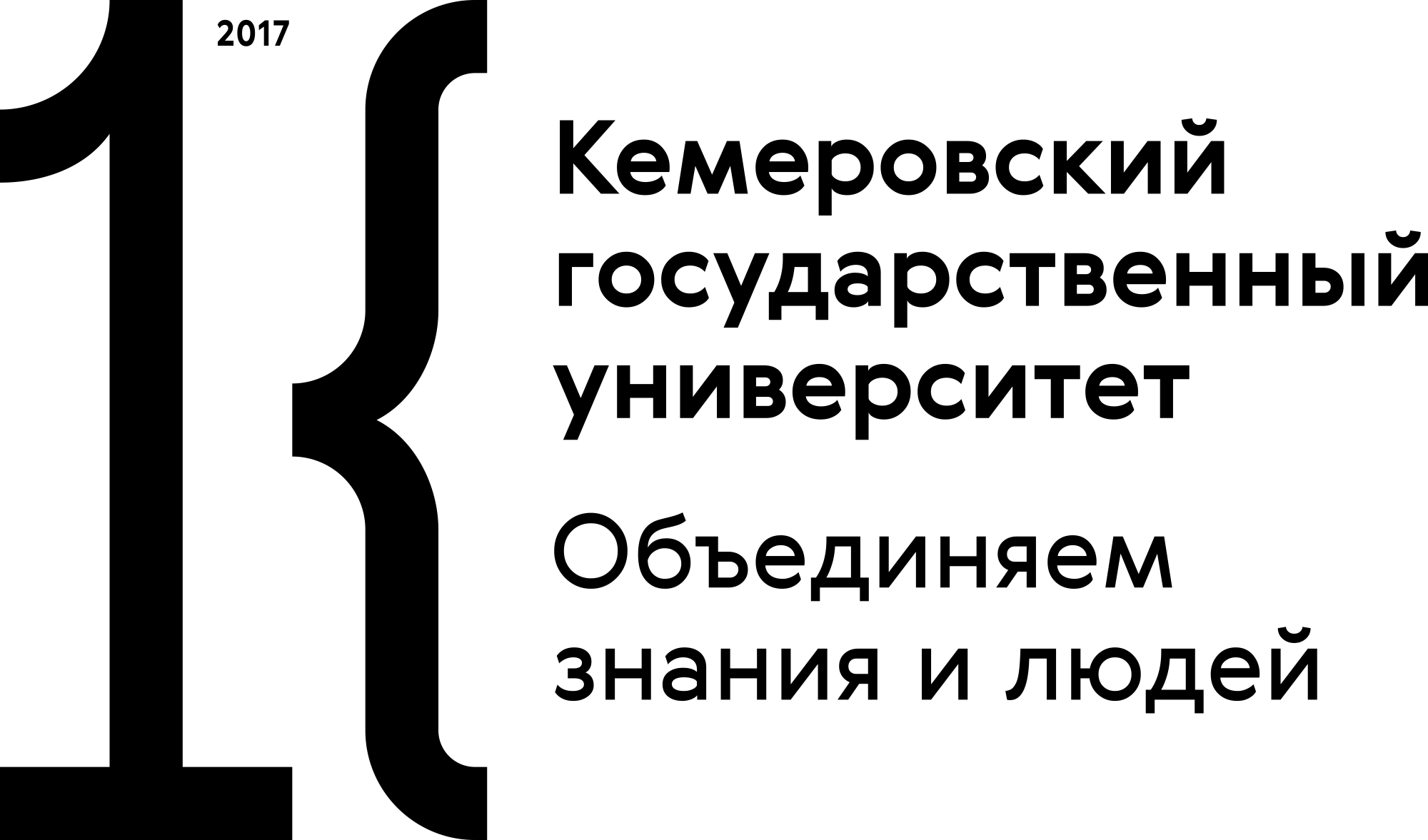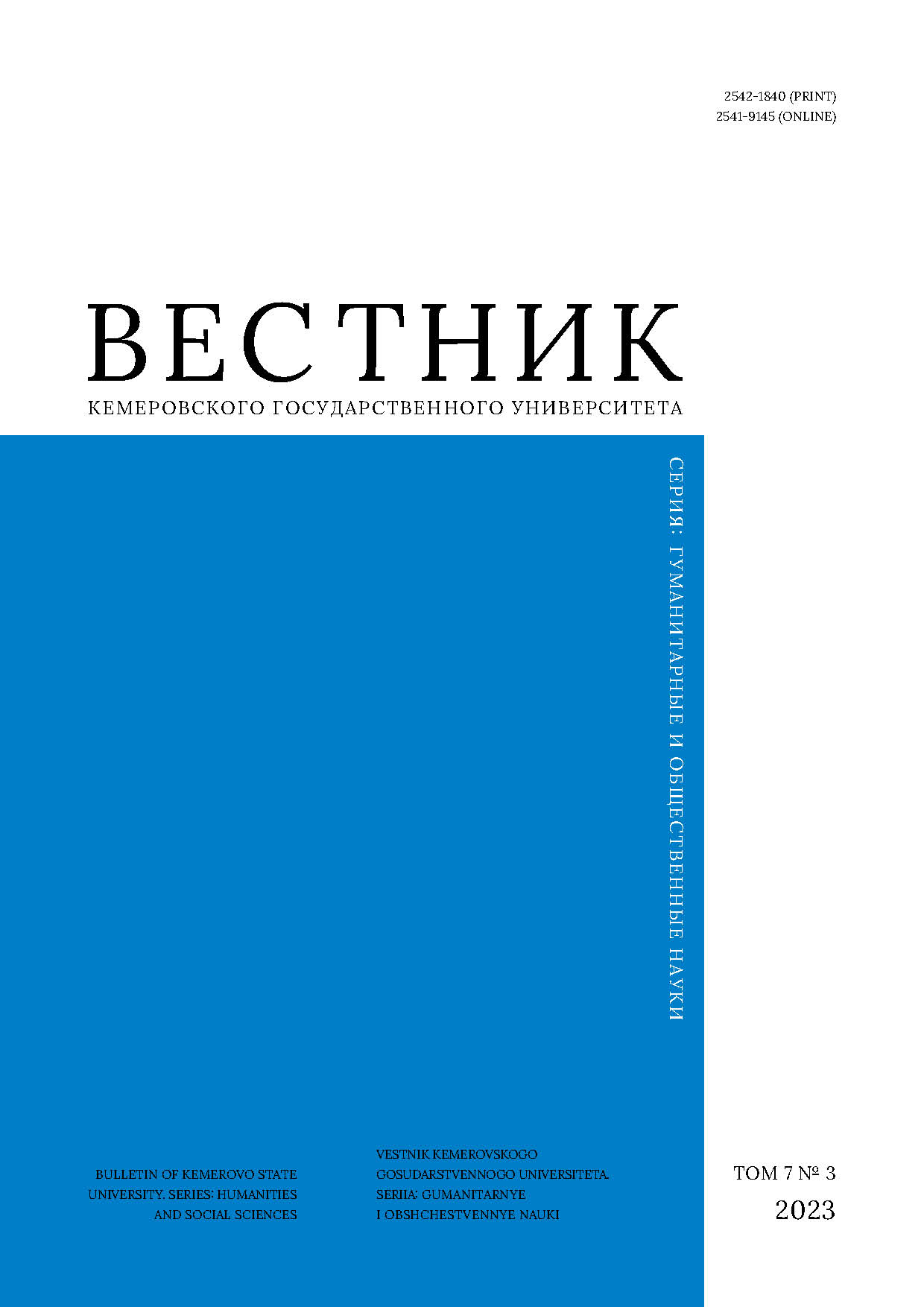Education Management Institution of Mezhdurechensk Municipality
Tomsk, Russian Federation
Single-industry urban settlements often experience a lack of qualified specialists for their key enterprises. Therefore, professional identification should start at school and be based on a scientifically organized interaction between local education facilities and local industrial enterprises. The authors identified, developed, and tested pedagogical conditions that contribute to career counselling in single-industry urban schools. They developed a digital resource called Proffuture42.rf that modeled informational and academic environment of a single-industry town. The platform united programs of extracurricular activities, additional general education, and career guidance developed by urban education institutions for schoolchildren of various age groups. Education facilities and their industrial partners were able to interact in the form of network training. The research revealed a number of possibilities for industrial organizations and social services to participate in the process of professional identification development. The pedagogical experiment involved observation and questioning. The survey results were subjected to mathematical processing. By monitoring the qualitative changes, the platform was able to facilitate the pedagogical support of career counselling in a single-industry town.
professional identification of schoolchildren, pedagogical support, one-industry town, informational and academic environment, interaction of subjects of education, career guidance system, network education, resource centers, social partners
1. Nenilin S. N. Formation of students' professional self-determination in the municipal information and educational environment. Vestnik Moskovskogo universiteta. Seriya 20. Pedagogicheskoe obrazovanie, 2023, 21(1): 68-79. (In Russ.) https://doi.org/10.51314/2073-2635-2023-21-1-68-79
2. Nasrutdinova B. A., Yavbatyrova B. G., Korkmazov A. V. Vocational orientation of students as psychological and pedagogical problem. Problemy sovremennogo pedagogicheskogo obrazovaniia, 2021, (70-3): 85-88. (In Russ.) https://www.elibrary.ru/rbwtrm
3. Zhuravlev V. I. Life-path identification in high school graduates. Rostov-on-Don: RSU, 1972, 199. (In Russ.)
4. Kasatkina N. E., Pakhomova E. A., Rudneva E. L. Formation of students professional self-determination in a regional labor market as a factor of sustainable employment. Vestnik Kemerovskogo gosudarstvennogo universiteta kul'tury i iskusstv, 2015, (31): 181-188. (In Russ.) https://www.elibrary.ru/ujkfnr
5. Klimov E. A. Psychology of professional identification. 4th ed. Moscow: Akademiia, 2010, 304. (In Russ.) https://www.elibrary.ru/qxywqx
6. Kon I. S. Attitude to work and career choice. Psychology of early adolescence. Moscow: Prosveshchenie, 1989, 194-206. (In Russ.) https://www.elibrary.ru/vxlcuh
7. Chistyakova S. N. System organization of pedagogical maintenances professional self-determination of students in conditions social and economic changes. Kazan Pedagogical Journal, 2017, (1): 4-14. (In Russ.) https://www.elibrary.ru/yirkkp
8. Bozhovich L. I. Personality and its formation in childhood. Moscow: Prosveshchenie, 1968, 464. (In Russ.) https://elibrary.ru/hajatj
9. Korotenkov Yu. G. Information and academic environment in primary school. Akademiia AiTi, 2012, 152. (In Russ.)
10. Sivokon E. E. Preparation of teachers to use IOS professional activity. RUDN Journal of Informatization in Education, 2014, (1): 127-132. (In Russ.) https://elibrary.ru/ruwgep
11. Magamadov N. S.-Kh. Developing information technology competence through virtual academic space. Evraziiskii nauchnyi zhurnal, 2017, (3): 114-115. (In Russ.) https://elibrary.ru/yjugcn
12. Pilipchevskaya N. V., Timofeeva N. B. Information and communication educational practice environment as a development and formation resource of bachelor's professional competence. Fundamental research, 2014, (8-3): 728-733. (In Russ.) https://elibrary.ru/sjmnah
13. Skurikhina Ju. A. Information and educational environment of the educational organization: an innovative pedagogical system. Synergiia Nauk, 2017, (15): 604-613. (In Russ.) https://elibrary.ru/zhhdyx
14. Demchuk O. V. Innovative information learning environment in modern university education. Izvestia: Herzen University Journal of Humanities & Sciences, 2016, (182): 103-109. (In Russ.) https://www.elibrary.ru/wyggda
15. Glazova Ya. A. Organization of work on the pedagogic support of the formation of personality in the networked form of the implementation of educational programmes. Vestnik of Kostroma State University. Series: Pedagogy. Psychology. Sociokinetics, 2019, 25(2): 136-140. (In Russ.) https://www.elibrary.ru/aucjyw
16. Luzhetskaya I. G., Matina G. O., Olefir L. N., Kuzmin D. A., Nesterova T. M. Academic practice of implementing models of specialized training in the conditions of network interaction. St. Petersburg: GBU DPPO CPCS IMC of the Moscow district, 2017, 104. (In Russ.)
17. Popova N. A. Educational intensive as a new format of project learning. Contemporary Higher Education: Innovative Aspects, 2020, 12(1): 149-156. (In Russ.) https://doi.org/10.7442/2071-9620-2020-12-1-149-156
18. Yankin D. V. Conditions for formation of vocational self-determination of students in the space of labour market. Sibirskiy uchitel, 2020, (3): 5-15. (In Russ.) https://elibrary.ru/tpaupd
19. Pankova S. G. Social networks in education. Problems and prospects of implementing a competence-based approach to training in institutions of secondary vocational education: Proc. of Pedagogical Readings, Yakutsk, 25 Nov 2020. Yakutsk, 2021, 58-61. (In Russ.)
20. Belosludtseva N. V. Pedagogical model of preparing students of secondary vocational educational institutions for professional activities in single-industry towns. Sovremennye issledovaniia sotsialnykh problem (electronnyi nauchnyi zhurnal), 2017, 8(4-1): 38-55. (In Russ.) https://doi.org/10.12731/2218-7405-2017-4-38-55
21. Vagaytseva E. S. Factors affecting civic consciousness development of schoolchildren in the information society. Professional Education in Russia and Abroad, 2017, (2): 98-108. (In Russ.) https://elibrary.ru/zcmzaf
22. Kondaurova I. G., Igonina T. B. System of pedagogical activity for the preparation of high school students to future of professional activities. Vestnik Kemerovskogo gosudarstvennogo universiteta, 2011, (2): 80-84. (In Russ.) https://elibrary.ru/nwhbzl
23. Traynev V. A., Teplyshev V. Yu., Traynev I. V. New information and communication technologies in education. Moscow: Dashkov i Ko, 2013, 320. (In Russ.) https://elibrary.ru/tidfyp


















